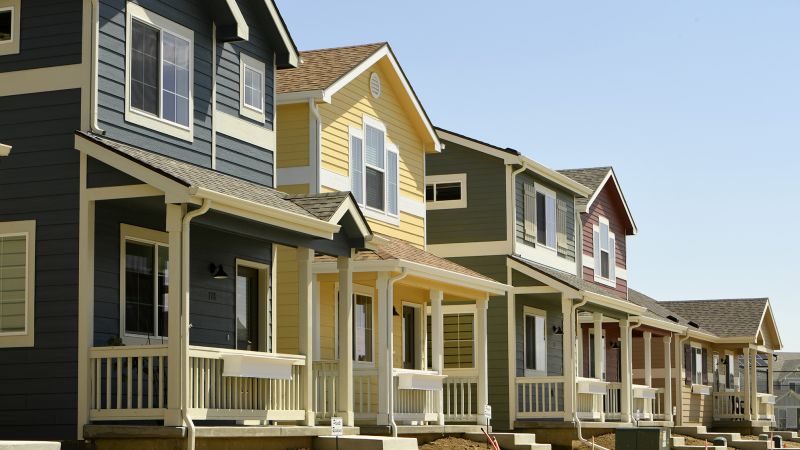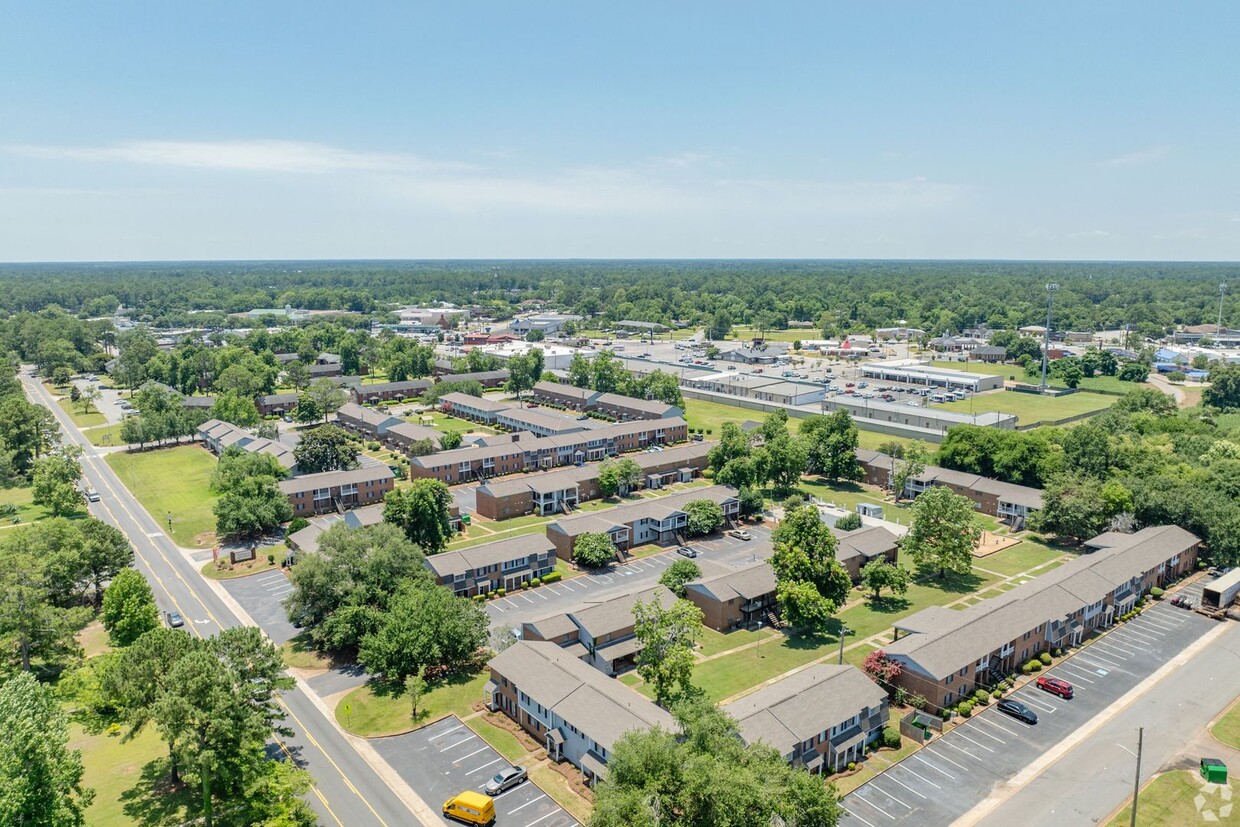Affordable housing investments increase, but crisis continues
Affordable housing investments increase, but crisis continues
In the current political climate, affordable housing developers are facing contradictory headwinds. While political consensus is growing regarding the need to ramp up public investment and loosen land use policies to increase density, both the housing and homelessness crises seem to get worse as well.
The Bottom Line
Affordable Housing investments can be very tricky. Do you have questions about Affordable Housing investments ? … Are You interested in investing in an Affordable Housing Portfolio ? Why venture down this road alone ? Let SIMM Capital guide you to financial rewards.
We live it and breath the industry – at SIMM Capital our investment strategy is to give everyone the chance to build wealth through real estate. We seek the best assets that hold the largest opportunities while delivering in rent growth year over year. We know the business. To see how we can help you with your Real Estate investments , talk to an expert and click the link www.simminc.com




Recent comments